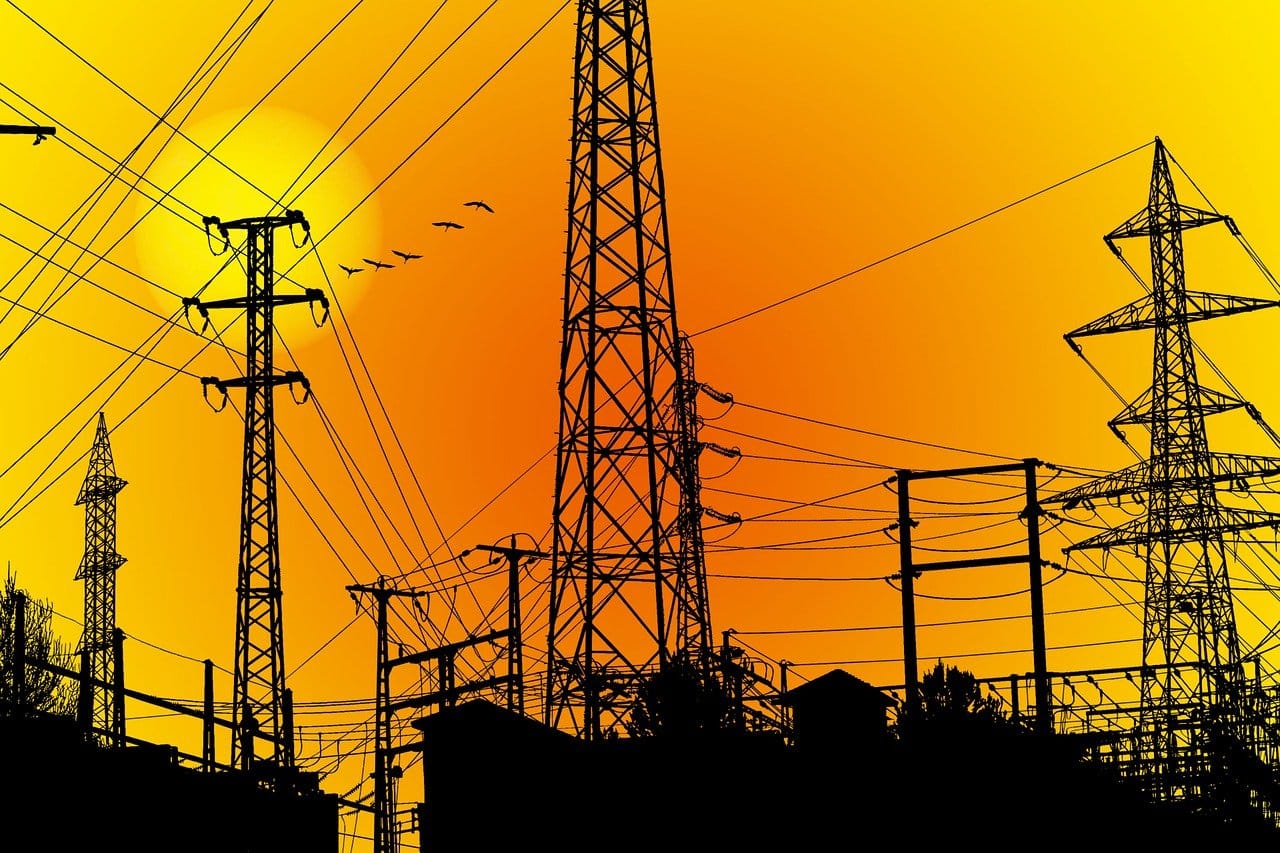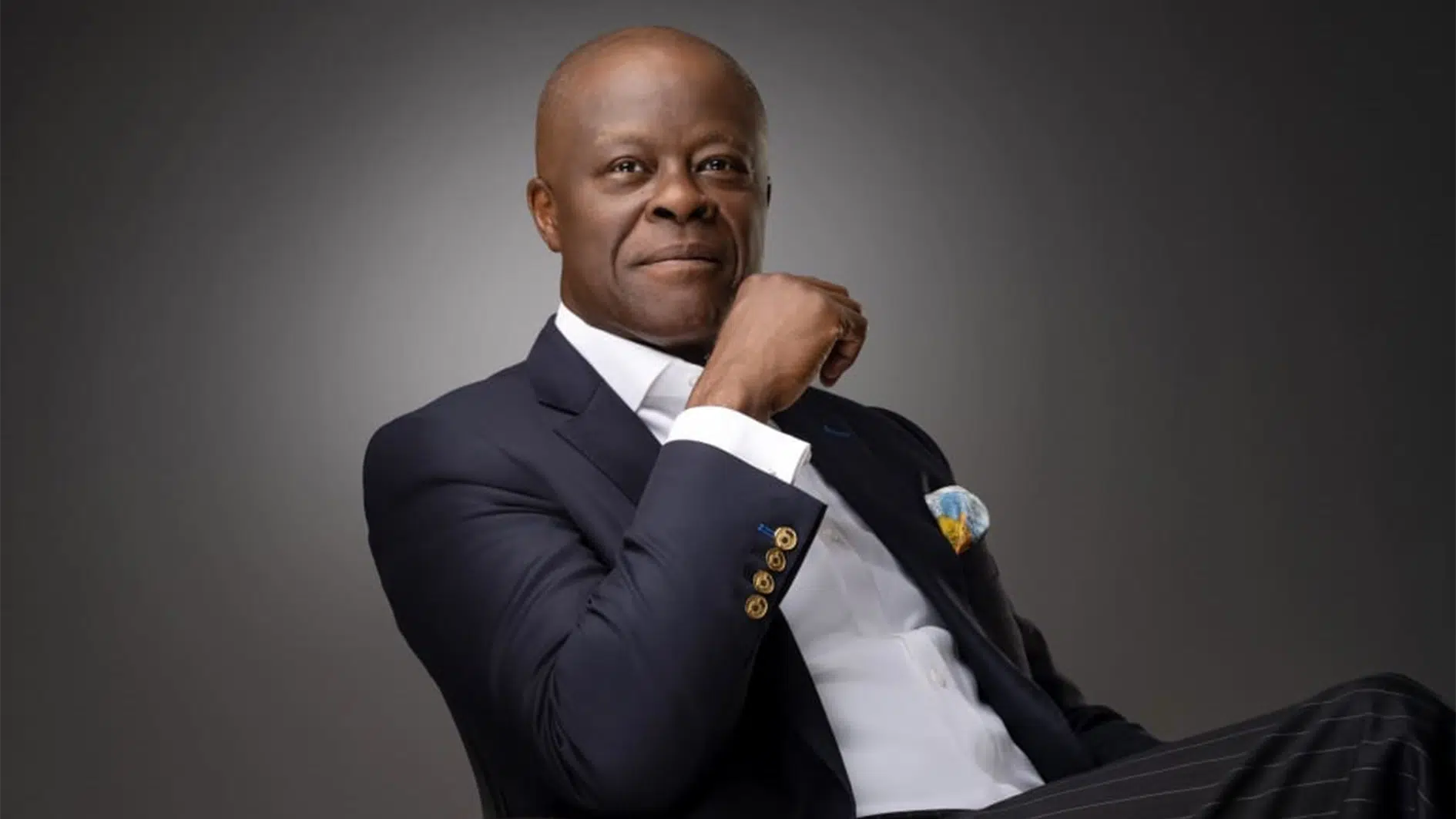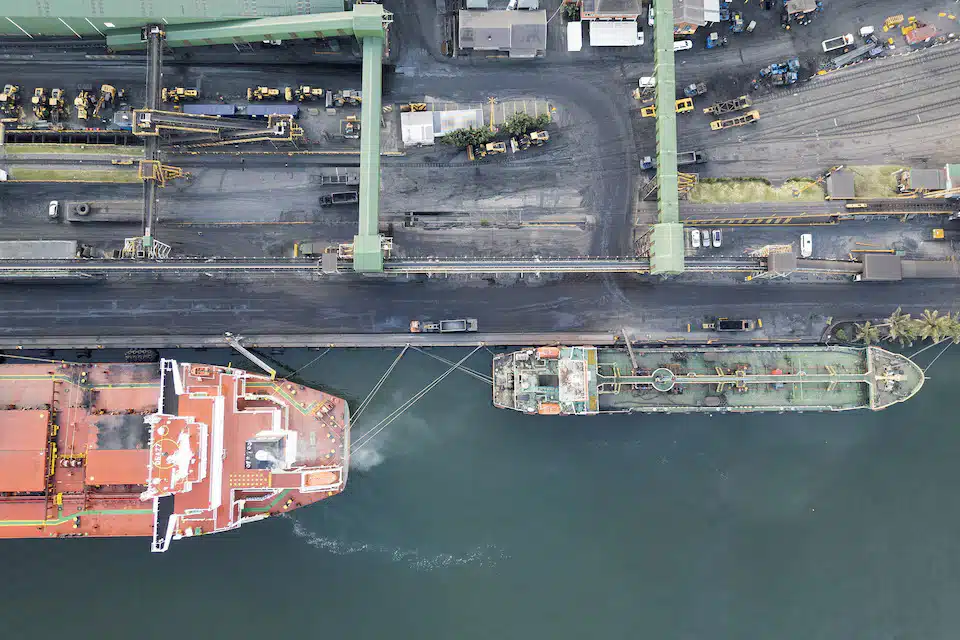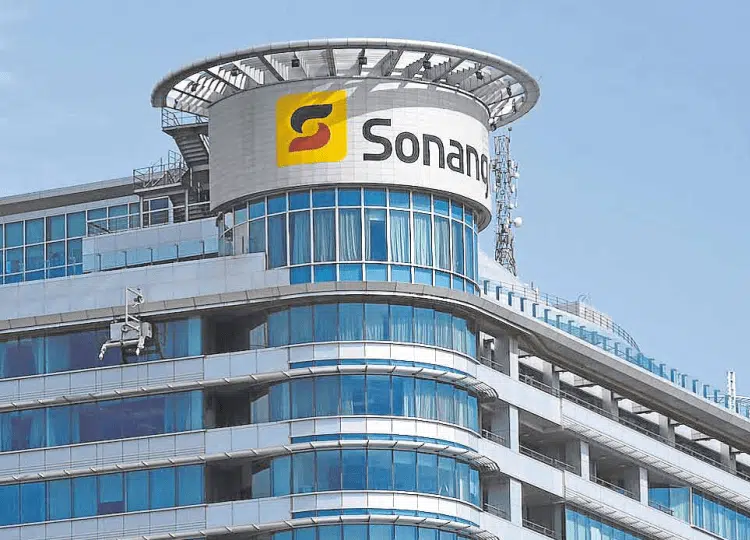The Managing Director and Chief Executive Officer of Renaissance Africa Energy Company Limited, Tony Attah, has called for renewed investment in Nigeria’s energy infrastructure, noting that most of the existing facilities are over 30 years old.
Speaking during a presentation on Africa’s energy transition and investment, Attah stressed that energy infrastructure across the continent needs a complete “renaissance” to meet growing demand and drive inclusive development.
According to him, most of the infrastructure base that we have today are things that were built over 20, 30 years ago.
Attah stated it needs a refresh. Actually, it needs a renaissance — a new beginning, even at the infrastructure level.”
He emphasized that investment remains the foundation for achieving energy access and economic growth.
“You cannot achieve anything without investment. The infrastructure has to be built,” he said.
Attah also pointed out the irony in the global push for energy transition despite Africa’s limited access to electricity.
He said it was difficult to discuss transitioning away from energy sources when many Africans, including Nigerians, still lack access to reliable power.
He noted that more than 50% of Africans lack access to electricity, while in Nigeria, the figure stands at about 40%, translating to over 80 million people.
Attah said giving millions of Nigerians access to reliable power could unlock their potential as a “force for positive good,” but achieving this requires strategic investment in new infrastructure and technology.
According to him, ensuring reliable power for these citizens could unleash massive economic potential and drive inclusive development.
Aging infrastructure threatens power stability
Nigeria’s persistent power challenges continue to expose the fragility of its decades-old infrastructure.
In September, the national grid suffered its first total collapse of the year, plunging major cities and commercial centres into darkness.
A report from the Transmission Company of Nigeria (TCN) showed that nearly all major Distribution Companies (DisCos) were affected, with only the Ibadan DisCo maintaining a minimal supply of 20 megawatts (MW).
This collapse follows a similar event in February 2025, when a transmission line fault temporarily cut power to several regions.
Industry analysts say these repeated system failures highlight the deep structural weaknesses of Nigeria’s centralised grid, much of which was built over three decades ago.
They recommend large-scale investments in transmission and distribution networks, alongside decentralised solutions such as mini-grids and renewable systems.
Without this, they warn, Nigeria risks remaining trapped in a cycle of instability and slow economic growth.
In response to persistent grid failures, Energy in Africa observed that solar energy is increasingly becoming a practical alternative for Nigeria.
Attah’s call for a “renaissance” in the energy sector signals a growing sentiment that Nigeria must prioritise infrastructure renewal and attract significant investment to meet the energy needs of its 200 million citizens.
With most of Nigeria’s energy infrastructure aging and millions without reliable power, a coordinated investment strategy, regulatory reforms, and modernised infrastructure are essential to secure the country’s energy future.









